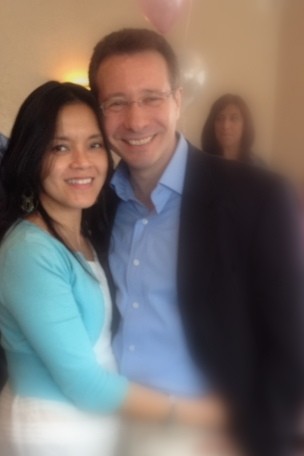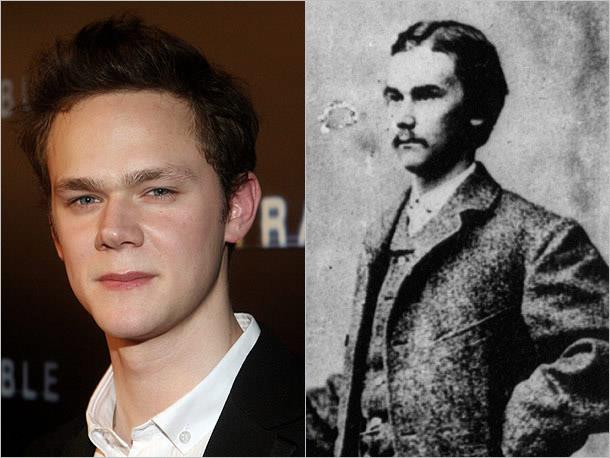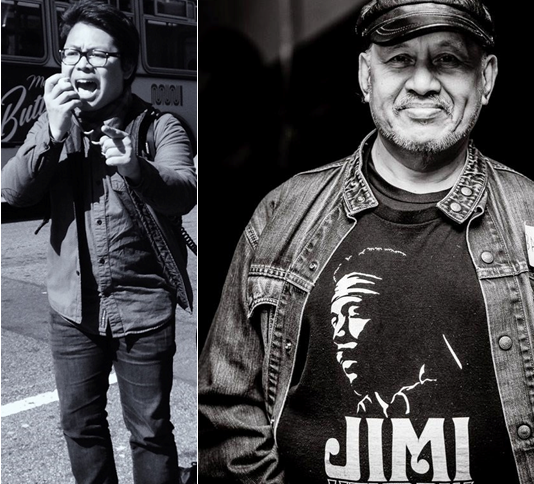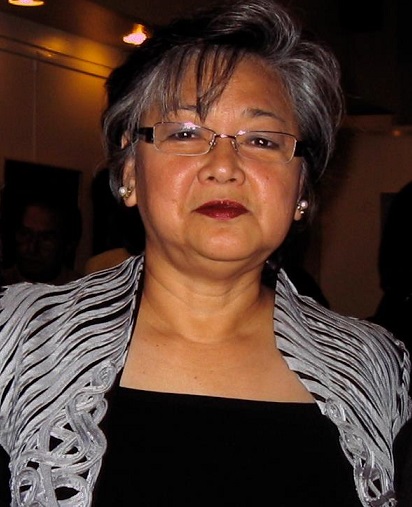How a globalized world can lead to the erosion of cultural traditions
By M. Teresa Lapid Rodriguez
Born and raised in the Philippines — growing up in the town of Guagua in Pampanga province — I face the fundamental issues of cultural identity every day on simply looking at food on the table: from Chinese noodles, to Spanish paella, American burger, or Filipino ‘kare-kare.’
One definition of cultural identity is the totality of the inherited ideas, beliefs, values and knowledge, which constitute the shared bases of social action. The deciding factors are racial, geographic, linguistic, philosophical beliefs, including the religious and spiritual, and behavior. In other words, cultural identity defines who we are as individuals making choices as members of a social group or a nation that are bonded together on a common goal.
The merits of cultural identity are: a deeper sense of self that builds trust, confidence, creativity, hope, and ambition, courage to face challenges, love of self and love of country. Without it, there is confusion, despair, and failure. Taken to the extreme fanatical level, it degenerates into destructive behavior, mistrust, divisiveness, exclusivity and solitude.
Cultural identity is also flexible because it evolves as it is enriched with life’s experiences. When exposed to other cultures, it is possible to cross-culture and coexist in harmony because culture is based on wisdom and understanding. But, how and where one began, I believe, will always be there and remain as a point of reference towards moving forward.
There is wisdom in a Filipino adage that goes, “ He who knows not where he came from could not move forward to where he wants to be.” Therefore, cultural identity is important for survival in this world.
Moving forward at this day and age the globalization of the world is advancing at phenomenal speed due primarily to advancements in communications and technology.
Fifty years ago I wondered what the southern Philippines was like. Now, information is available in an instant through the Internet. We can even e-meet the locals on the computer monitor via Skype, or organize conferences via online streaming. The world seems smaller because many places on earth can now be reached in a matter of hours via air travel. Globalization helps widen our knowledge of other cultures making more and more people tolerant of each other.
Filipinos in the late 20th century showed their solidarity in ousting a shrewd dictator out of power by sheer number of people marching in millions to protest Martial Law. The event became known as the Philippine People Power Movement of 1986. Some decades later, People Power EDSA II was staged to topple a corrupt president. The four-day protest was accomplished nearly entirely through cell phone text messaging of Filipinos in the Philippines and Filipinos around the world showing support of the movement. The globalization of the world through these phenomenal connections could transform governments, societies, racial and religious divides, and human rights abuse.
World organizations for peace, such as the UNESCO (United Nations Educational, Scientific, and Cultural Organization) and the UN (United Nations) encouraged negotiations to stop all forms of human rights abuse, such as toppling the Berlin Wall, destroying apartheid in South Africa, protecting the interest of indigenous people around the world through preservation of culture and the repatriation law. They keep in check aggressive behaviors globally by facilitating international dialogues and supporting peace keeping forces. Other humanitarian organizations use the Internet and social media to expose human rights abuse like sex slavery, predatory child abuse, body organ trafficking, etc.
Globalization however has a downside to it.
The controversial free market while providing easy access to commodities worldwide also converted the world into a consumer base, the Third World a mecca for cheap labor, and the gap between the rich and poor wider than ever. The export of labor to other countries destabilizes local employment. Cheap labor on the other hand has become a new form of slavery shifting issues from political to economic and the victims are the people.
Globalization, unfortunately also has become instrumental to the slow erosion of the unique nuances in local culture due to the depersonalized consumer orientation of the world. Local theaters are slowly being replaced by home centers and video tapes. Department stores are competing with Internet selling. Even church visits have declined in favor of televised rituals. The world has changed. The people seem closer because they experience and use the same things all over the world.
While these examples are positive in defense of “convenience for the demands of modern living” so much is lost on personal interaction as a consequence of the use of electronic interaction. I often catch people in restaurants gathered together on the table texting on their cell phones rather than talking to each other. Online education is a growing trend especially for working students. One learns discipline following through online assignments. However, interaction with other students and the professor and passionate discussion/debates are diminished.
Tradition is gradually lost in inventive food fusion. Conception via in-vitro fertilization, sperm banks, and surrogacy produce “custom designed” babies. Death facilitated through Dr. Kevorkian machine replaced God and natural death. Is international banking another way of avoiding taxes or hiding taxable wealth? The list could be endless but with the exception of the family unit that still strive to stick together; tradition is gradually diminishing into a depersonalized existence.
M. Teresa Lapid Rodriguez is the director of the Art Galleries at Montclair State University in New Jersey. We are republishing with permission excerpts from a speech she delivered before the Institute for Cultural Diplomacy held at the United Nations on June 27.













